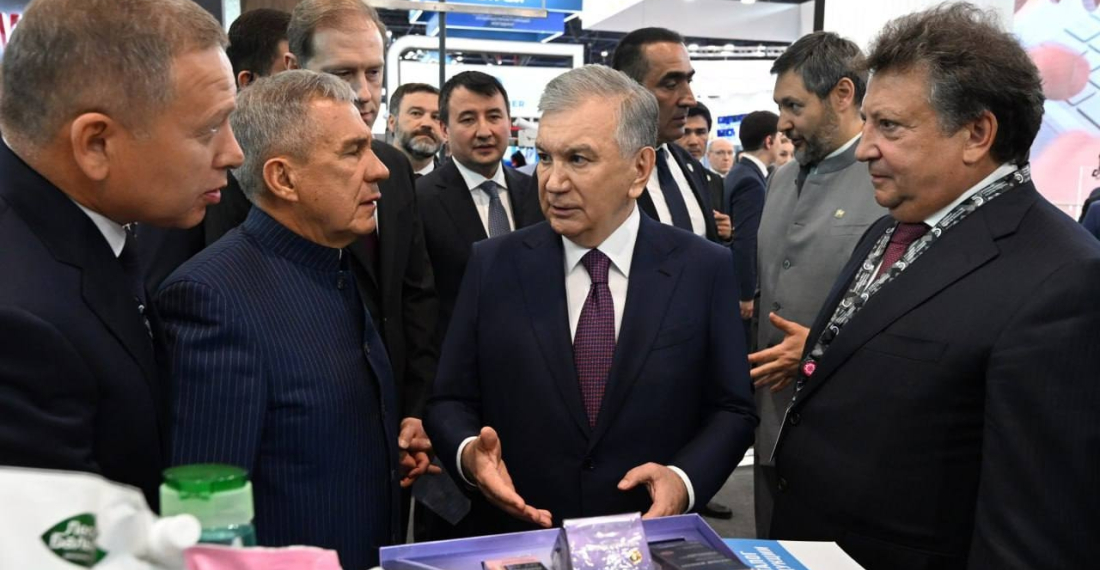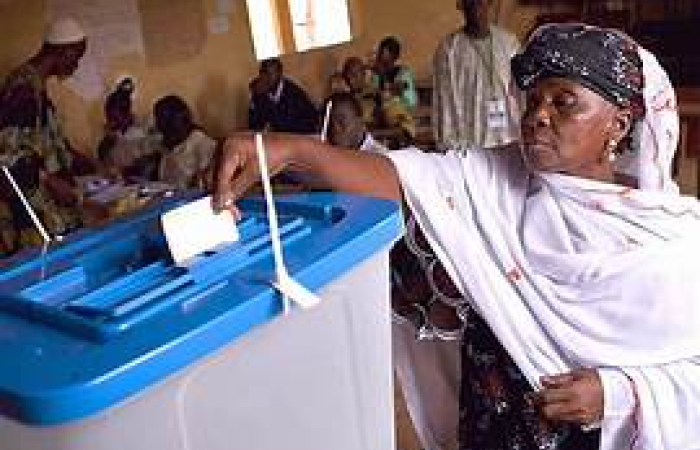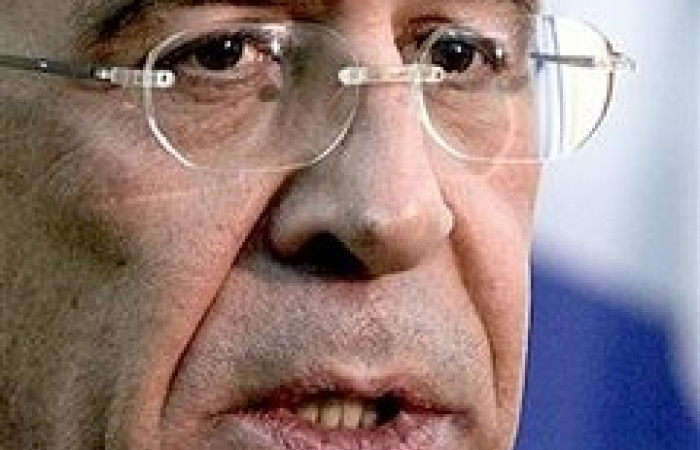In recent times, Central Asia’s most populous nation has become the centre of attention for great powers, underscored by high level diplomatic contacts with the United States, the hosting of a regional summit with the leadership of the European Union and a high profile visit by hundreds of Russian officials and executives who participated in a trade fair in Tashkent. Western interest centres on Uzbekistan’s abundant reserves of critical minerals and a desire to develop clean energy sources, including nuclear power. Russia, along with China, has broader trade interests, including developing manufacturing capacity.
So far, all the discussions have generated lots of optimistic jargon about the future potential of expanding trade, but few tangible results. EU officials announced a 12 billion euro investment package, but it was short on details. The Russian delegation visit, meanwhile, yielded no substantive announcements.
“The importance of enhancing trade and economic cooperation, promoting cooperation projects and programs, including through the development of coordinated solutions on the platform of the ‘Innoprom’ trade fair has been noted,” read a statement issued by Uzbek President Shavkat Mirziyoyev’s office in late April following talks with Kremlin representatives.
Deals or no deals, the maneuvering shows no signs of letting up. According to Uzbek media reports, Uzbek Foreign Minister Bakhtiyor Saidov during an early April trip to Washington extended an official invitation for President Trump to visit Uzbekistan. Speaking to journalists in Tashkent, US envoy to Tashkent, Jonathan Henick, indicated that the invitation is under serious consideration by the White House.
“Taking into account that more than 30 years have passed since independence, I believe that now is the right time for a visit by a US president to the region,” the Kun.uz news outlet quoted Henick as saying. The US ambassador suggested that any Trump trip would occur within the C5+1 format, a US initiative to strengthen ties with all five Central Asian states.
Henick praised Uzbekistan’s cooperation with the Trump administration on the issue of illegal migration, while framing the president’s “American First” outlook as a win-win approach for bilateral trade relations. “Our work in Uzbekistan is not a relationship based on charity or humanitarian aid. This is a relationship based on partnership and mutual benefit,” the Gazeta.uz outlet quoted Henick as saying.
Perhaps the most spirited great-power jockeying at present centers on nuclear power. Rosatom, Russia’s nuclear energy agency, has an agreement in place to build a reactor, but Uzbek officials have expressed a desire to diversify the operation of a nuclear plant to prevent any single outside power from having a controlling interest, and, therefore, possessing the ability to apply political pressure on Tashkent.
Judging by Mirziyoyev’s statement, there was no change in the Uzbek position arising out of his late April meeting with Rosatom’s chief, Alexey Likhachev.
Financing remains a major issue for the construction of a nuclear power plant, and it is evident Tashkent does not hold all the cards in trying to strike the best deal. On April 25, top officials from Uzbekistan’s nuclear energy agency, Uzatom, sought funding from China’s Eximbank, apparently only to be told by bank representatives that financing would be contingent on the participation of Chinese companies in the implementation of nuclear projects in Uzbekistan.
Source: commonspace.eu with agencies and Eurasia.net. Photo: Uzbek President Shavkat Mirziyoyev speaks with the top officials of a visiting Russian delegation at the Innoprom trade fair in Tashkent on April 28. Source: president.uz






